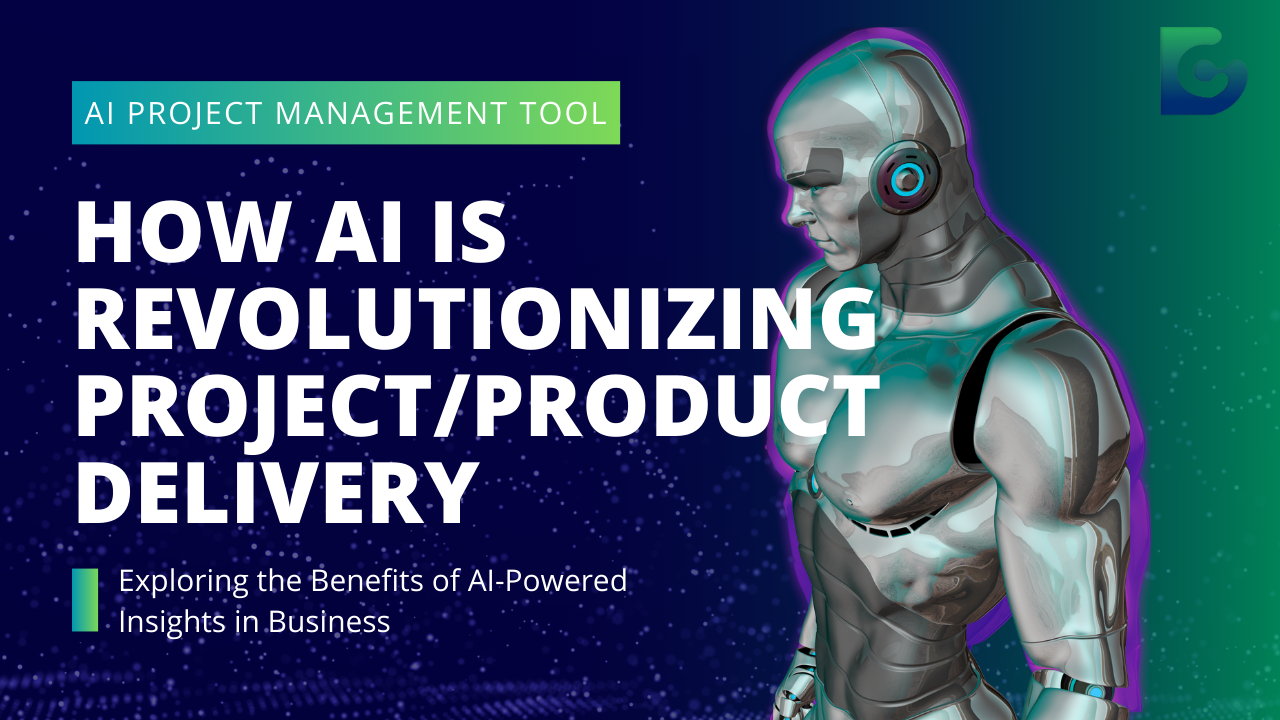How AI is Revolutionizing Project Management and Product Delivery in Nigeria
Artificial Intelligence (AI) is no longer a futuristic concept; it's actively transforming industries worldwide, and Nigeria is no exception. Project management and product delivery are two key areas experiencing significant disruption and improvement thanks to AI. If you're a project manager, business owner, or stakeholder in Abuja or Lagos, understanding how AI impacts these processes is crucial for staying competitive and achieving success.
The Impact of AI on Project Management
AI brings intelligence to each phase of project management. Rather than replacing project managers, AI acts as an invaluable partner, equipping teams with insights and foresight that help them achieve better outcomes faster. Here's how:
1. Smarter Planning and Scheduling: AI algorithms analyze historical project data to create optimized schedules and predict task durations and dependencies. This leads to more efficient planning and resource allocation.
2. Risk Management: AI can identify potential risks and bottlenecks before they occur. By applying machine learning models, project managers can forecast project outcomes, delays, or cost overruns. This allows for proactive mitigation strategies.
3. Task Automation: AI automates routine tasks such as updating task statuses, sending reminders, and logging hours. This frees up project managers and team members to focus on more complex, strategic work.
4. Real-time Monitoring and Reporting: AI allows project managers to monitor project progress in real-time, providing visibility across multiple projects. AI-powered dashboards offer up-to-date insights into project health, enabling agile responses to changing conditions.
5. Enhanced Collaboration: AI-enabled collaboration tools improve team coordination and maintain transparency with stakeholders, especially in distributed or remote teams. AI chatbots and assistants provide real-time updates and facilitate cross-team interactions.
AI Project Management Tools: Several AI-powered project management tools are available to streamline workflows:
• Motion: For time management and AI-powered automation.
• Asana: For AI-assisted goal setting and project creation.
• ClickUp: For powerful automations and customization.
• Trello: For visual thinkers who love Kanban boards and AI-powered content generation.
• Notion: For teams that want integrated AI writing and Q&A features.
• Dart: Suitable for various project types, including agile software development, marketing campaigns, and operations management.
• Wrike: Wrike AI highlights summarize workload with objectives and status charts.
• Zoho Projects: A cloud-based project management tool that uses AI to automate task assignments, predict project deadlines, and optimize workflows.
• ProjectLibre AI: AI-Powered Scheduling. Automatically generate projects, tasks, links, and timelines using artificial intelligence.
The Impact of AI on Product Delivery
AI is also revolutionizing product delivery, from optimizing routes to enhancing customer experiences. Here's how:
1. Route Optimization: AI systems analyze real-time traffic data and past delivery trends to improve routes, reduce fuel consumption, and decrease delivery times.
2. Demand Forecasting: AI assists in demand forecasting by using past data, current weather, and other factors. This enables delivery services to plan ahead for busy periods and deploy resources effectively.
3. Inventory Management: AI algorithms maximize stock by anticipating customer needs, minimizing the chances of running out of products or having too much on hand.
4. Warehouse Automation: AI-driven robots automate tasks like sorting and packaging, speeding up the order fulfillment process and reducing errors.
5. Last-Mile Delivery: AI facilitates the integration of drones and autonomous vehicles to cut down on delivery times and expenses for last-mile deliveries.
6. Personalized Experiences: AI analyzes previous purchases and preferences to provide customers with individualized experiences, targeted marketing, and personalized product recommendations.


Comments (0)
No comments yet. Be the first to comment!
Leave a Comment